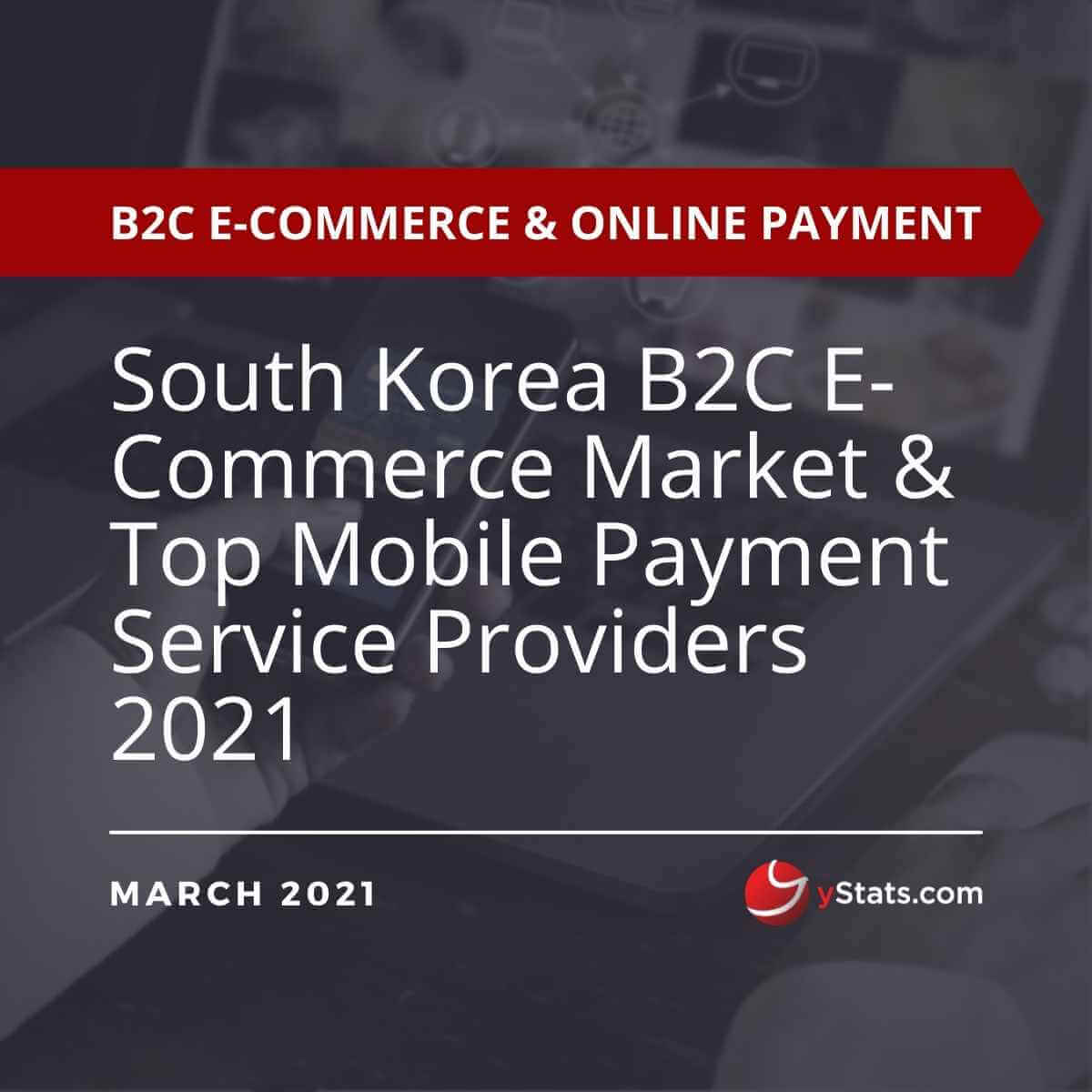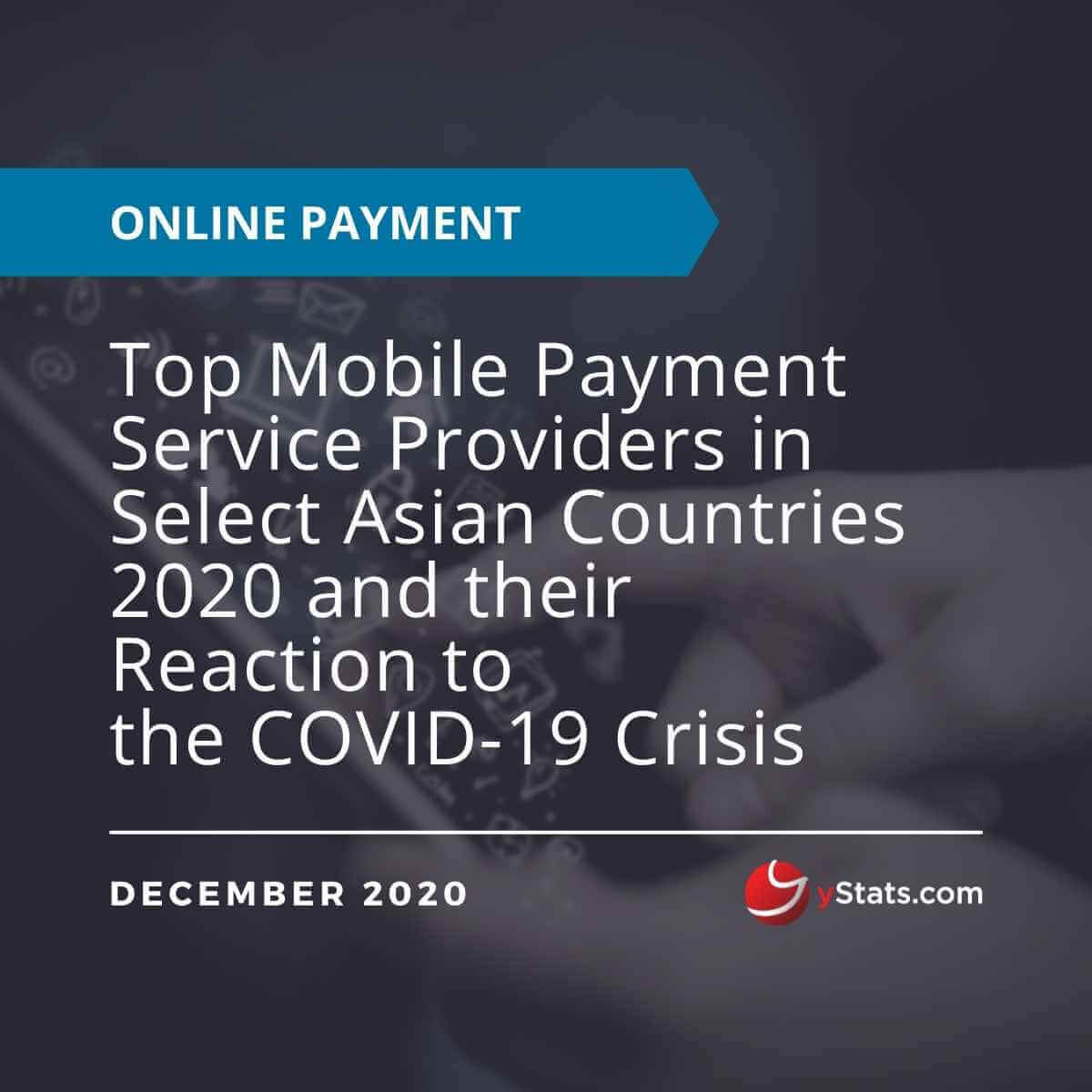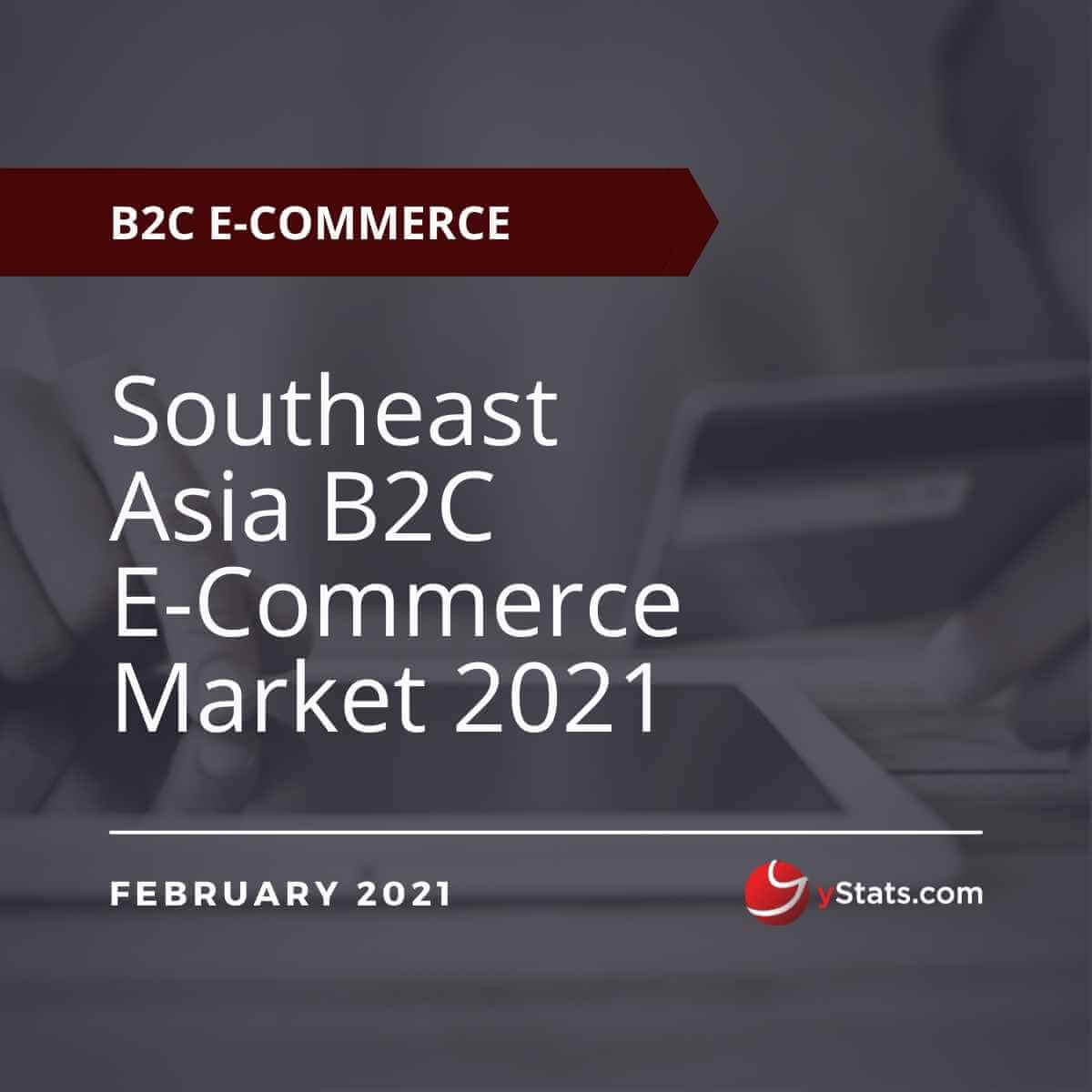Description
Countries Covered: South Korea
Pages: 51
Publication Date: 02/03/2021
Questions Covered in the report:
- What rank was the South Korean B2C E-Commerce Market expected to hold worldwide?
- Which product category was the most commonly bought online in South Korea in 2020?
- What were the biggest E-Commerce players in South Korea in 2020?
- How did the COVID-19 pandemic affect the number of mobile transactions in South Korea?
- What were the top South Korean mobile payment service providers in 2020?
Key Findings:
South Korean B2C E-Commerce Market was expected to accelerate strongly in 2020
Amid the pandemic, Asia’s B2C E-Commerce excelled in terms of value and volume compared to the other regions
B2C E-Commerce in Asia experienced a considerable sales value increase in 2020, and the region’s share of global online sales was expected to be over 50 percent, despite an estimated slow year-on-year growth rate at an early stage of the lockdown. According to forecasts cited in the yStats.com publication, the growth in E-Commerce is expected to continue through the next few years. The average value of online orders in the Southeast Asian region went up by almost a quarter in 2020, while the highest gains were seen in the Philippines and Singapore. The results of a 15,000-person survey cited in the report indicated that digital shopping is a more frequent occurrence in their lives, with the biggest percentage gains in Australia, Vietnam and India.
South Korean accelerating Internet penetration and smartphone adoption impacted an increase in the B2C E-Commerce market in 2020
Despite an estimated rise in 2020, the annual growth rate of B2C E-Commerce value in South Korea was projected to decline by 2024. However, due to the acceleration of Internet penetration and smartphone adoption in South Korea, an increase in the B2C E-Commerce market in 2020 occurred. As for shopping sectors, it is worth mentioning that the South Korean online retail “food products” industry saw the highest year-on-year growth, followed by “household goods”. Furthermore, the most popular E-Commerce platforms in South Korea included GMarket, Coupang, 11Street, Naver Shopping, Auction, WeMakePrice, TMON, Interpark, Shinsegae Mall and Danawa in 2020. One of the South Korean E-Commerce giants Coupang, backed by SoftBank Group keeps dominating in its market. Whereas, another big player in South Korea, Amazon intended to invest USD 300 million (EUR 263 million) in the E-Commerce platform 11Street in 2020 amid COVID-19. As for one more major digital commerce platform eBay, it was planning to sell its South Korean marketplace.
Top mobile PSPs in South Korea experience increased registrations during the health crisis
The top three mobile payment service providers in South Korea, in terms of the number of users are KakaoPay, Naver Pay, and Toss. These top players recently experienced a growing number of users on their platform. KakaoPay saw a significant increase in its users amidst the COVID-19 crisis. Amidst the overwhelming growth of users and transactions, service provides introduced innovations to aid small businesses adversely impacted by the health crisis.
Amidst the pandemic, new mobile payment gateways emerge in South Korea
Since the use of mobile payment is increasing in South Korea, further developments in the payments industry have gained momentum. During the pandemic, various mobile payment service providers were emerging as strong competitors such as Samsung Pay, Payco, and Coupang. Furthermore, Samsung collaborated with MasterCard to launch Samsung Pay Card in an effort to provide its customers with innovative service. Also, a partnership between Payco and Apple was supposed to support mobile payments via Payco on iOS-powered devices.






